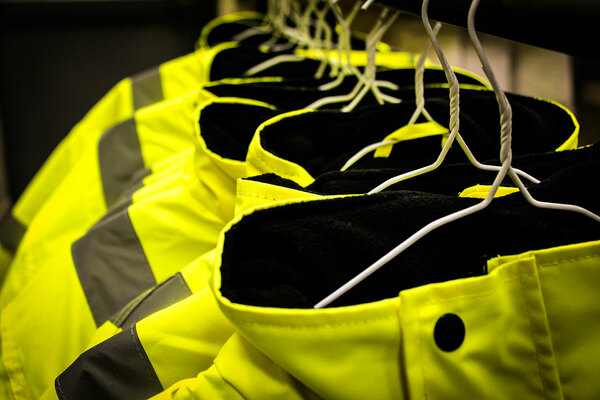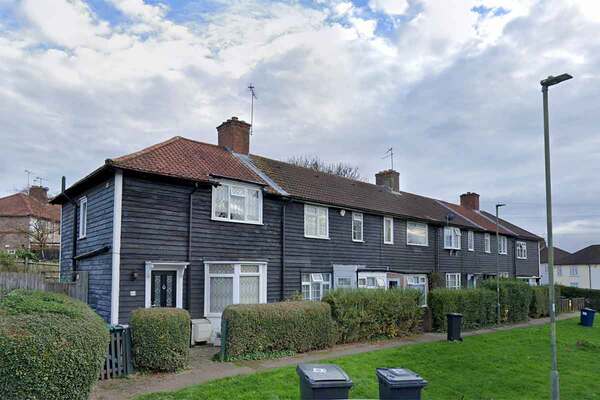You are viewing 1 of your 1 free articles
Fire chiefs publish coronavirus waking watch guidance for landlords
The National Fire Chiefs Council (NFCC) has updated its advice to building owners and landlords on how to operate the waking watch fire safety measure during the coronavirus outbreak.
The NFCC, the body which represents all the fire services in the UK, published an update to its waking watch guidance today, which outlines steps building owners and landlords should take to ensure that buildings are kept safe in the coming months.
The advice called on landlords to ensure that waking watch operatives adhere to Public Health England’s social distancing rules and urged landlords to consider installing communal fire alarms in blocks if waking watch staff numbers are reduced as a result of coronavirus.
The NFCC said the coronavirus situation would result in higher occupancy and vulnerability due to people, including some who are potentially unwell, staying at home for longer periods of time – meaning the maintenance of a waking watch in a building would be more essential than ever.
It added: “If, due to coronavirus, there are challenges maintaining waking watch coverage, those responsible will need to implement suitable alternative interim arrangements.
"Dependency on numbers of staff can be reduced through the installation of a common fire alarm.”
Waking watches were first introduced following the Grenfell Tower tragedy as an interim fire safety measure since blocks with dangerous cladding had their evacuation guidance changed from ‘stay put’ to ‘simultaneous evacuation’. The measure involves watchers carrying out 24/7 patrols and raising the alarm for residents to evacuate if a fire is spotted.
The NFCC’s advice has always said a waking watch should be a temporary measure until dangerous materials are removed from a building, but the slow pace of cladding removal on blocks has resulted in waking watches being in place for years in some cases. This has cost leaseholders tens of thousands of pounds.
In the advice note, the NFCC said: “Competent persons, RPs [registered providers] and fire safety officers should familiarise themselves with the social distancing guidance from Public Health England, to ascertain how this might be applied to enable waking watches to remain in place.”
The note also advised fire services to take a “balanced approach” to fire safety for each property and support building owners by recognising potentially higher public health risks in buildings from the threat of coronavirus.
Nevertheless, it did say that it is still fire services’ duty to enforce Fire Safety Orders even in these difficult times.
Last week, cladding campaign groups across the country came together to urge housing secretary Robert Jenrick to support leaseholders with waking watch costs during the coronavirus outbreak.
In a joint statement, the Birmingham Leasehold Action Group, Leeds Cladding Scandal, the Manchester Cladiators and the UK Cladding Action Group said: “The COVID-19 outbreak is the biggest public health challenge for a generation. We acknowledge the huge strain this rapidly changing crisis will place on government and the number of people who will require support as a result of it.
“Nonetheless, the situation is particularly critical for many leaseholders in buildings with dangerous cladding.
“The huge additional and ongoing costs that many leaseholders have to pay as a result of living in dangerous cladding blocks mean they face an impossible decision about work and self-isolation.
“No income means no ability to pay for the waking watch the building needs for them to stay in that building.”
More on coronavirus
To see all our coronavirus coverage to date – including the latest news, advice to providers, comment and analysis – use the link below.
Sign up for our daily newsletter
Already have an account? Click here to manage your newsletters














